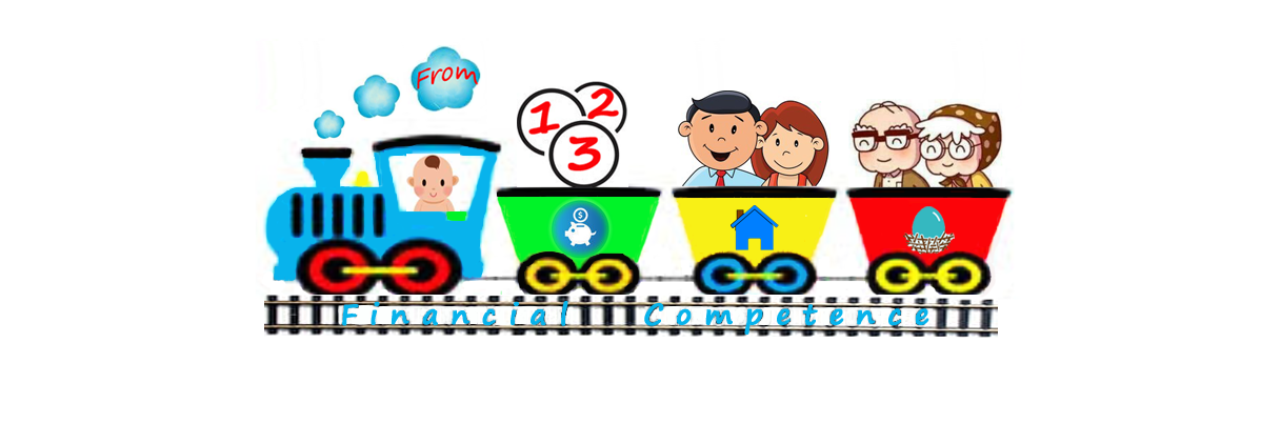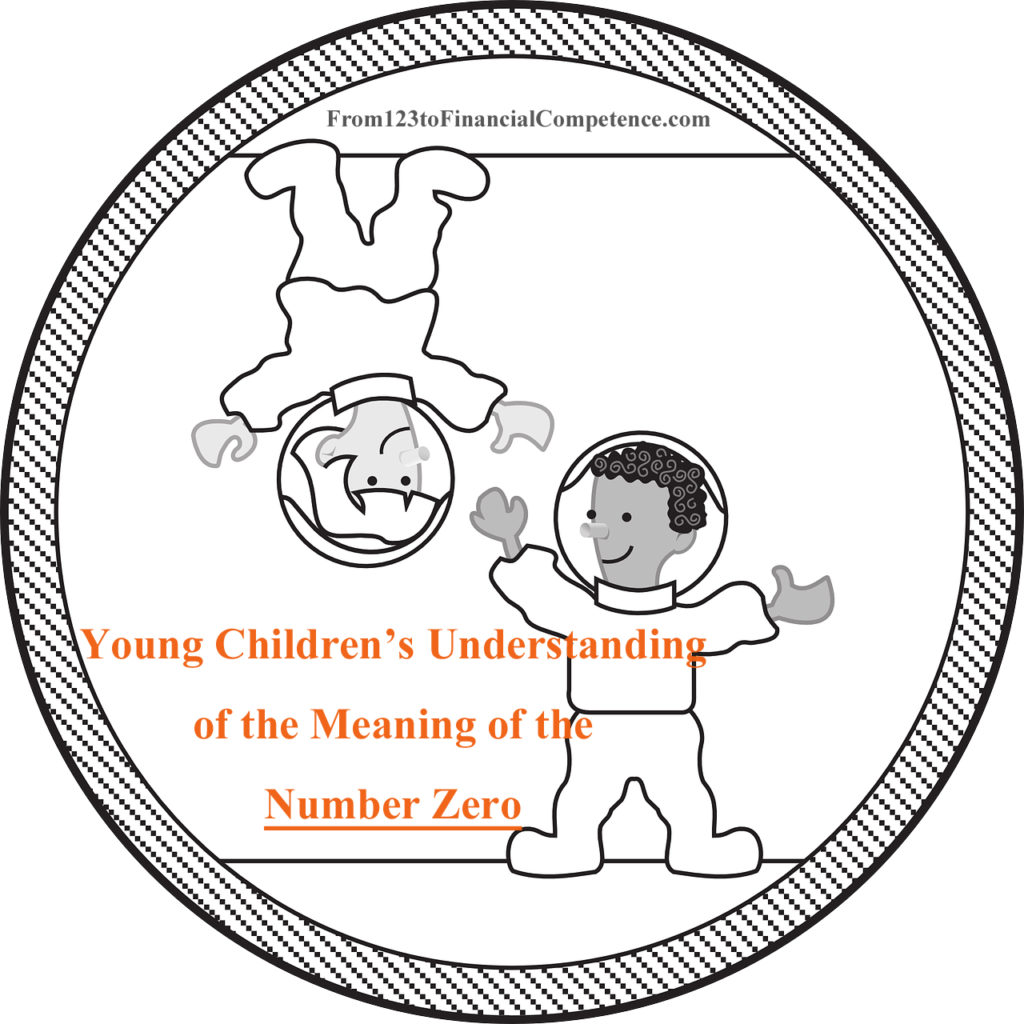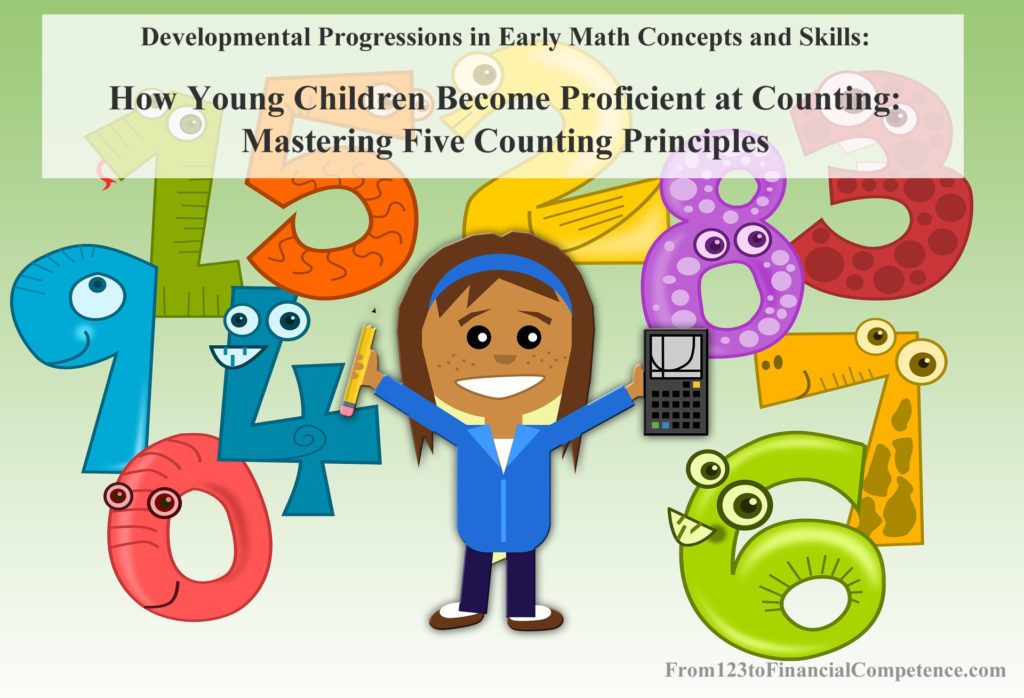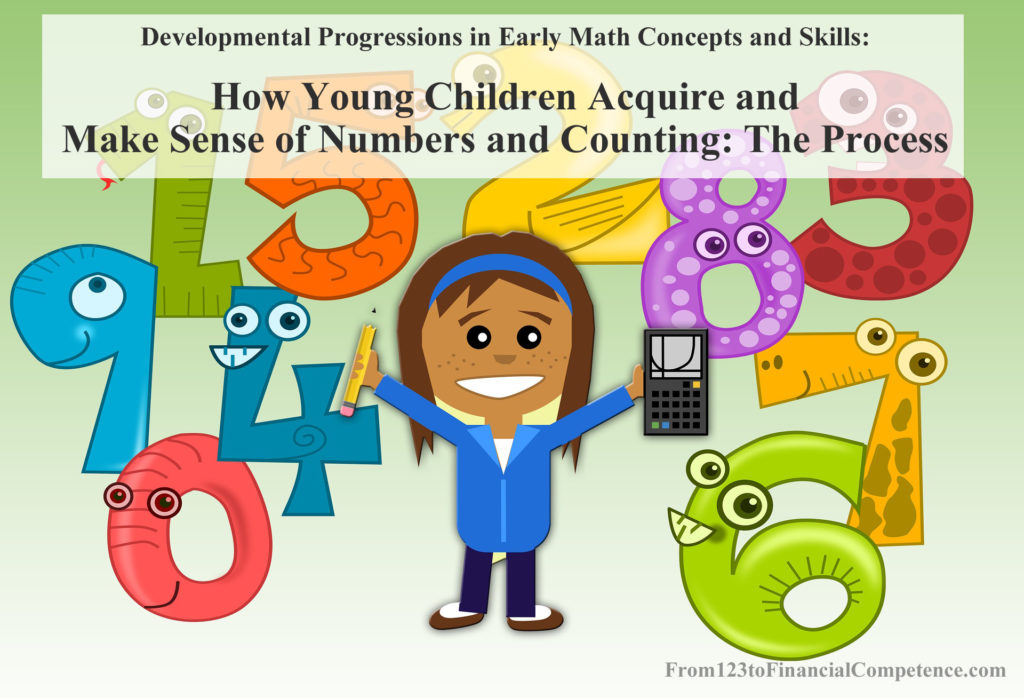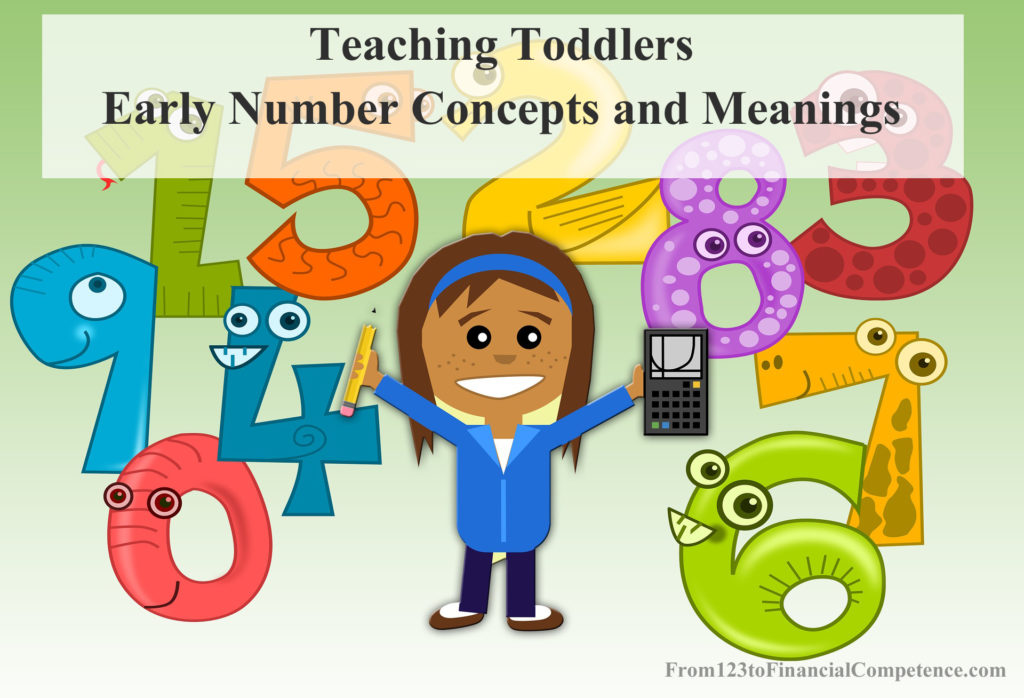The purpose of this writing is not about me taking a stand on which culture’s numbering system is better than whose. Reading the existing research on this topic fascinated me and I wanted to share. As a parent, it’s valuable being aware that there might be an interplay between culture, language and your child’s mathematical development.
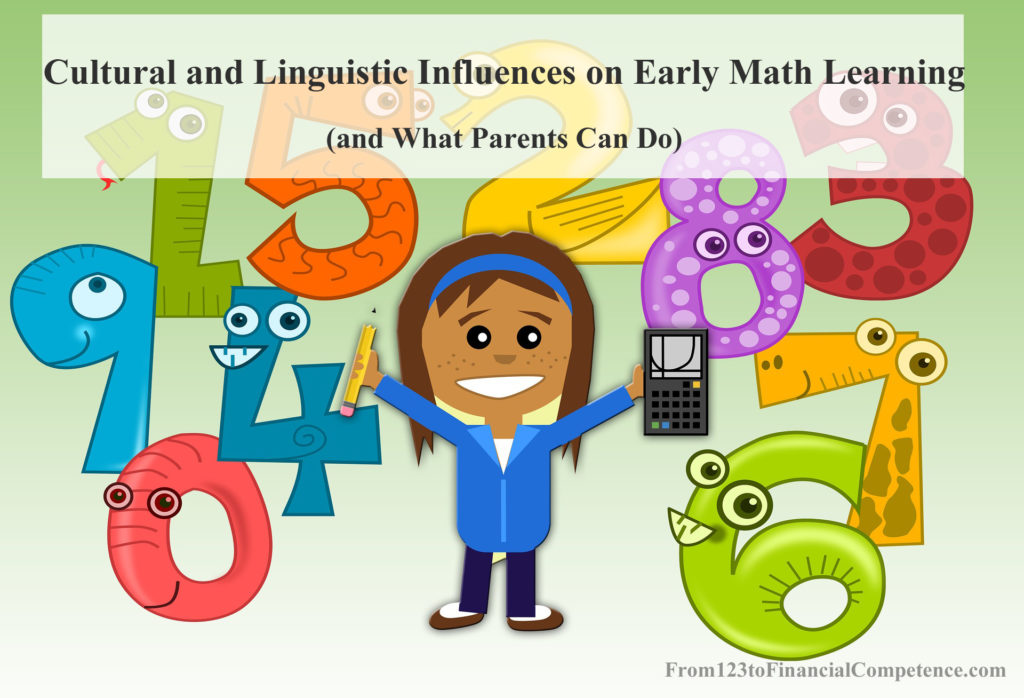
Cultural and Linguistic Influences on Early Math Learning
During my quest to understand young children’s concept of numbers and counting, I came upon an article written by a group of researchers at MIT. Marmasse and colleagues discussed the following concepts and research implications in the article:
First, different cultures’ representations of numeric symbols and the number system can facilitate or impede the development of children’s mathematical understanding. This is true for both acquisition of math skills and computations.
Second, the linguistic aspects of the number system also influence a child’s understanding of base structure, place value* (unit, tens, etc.) and associated arithmetical computations.
